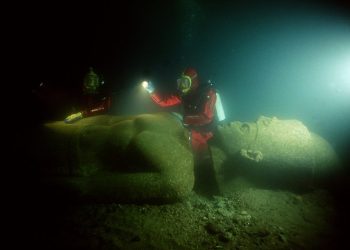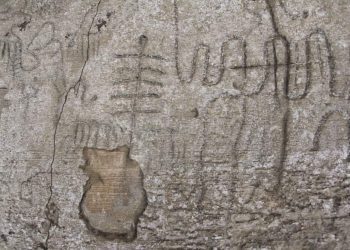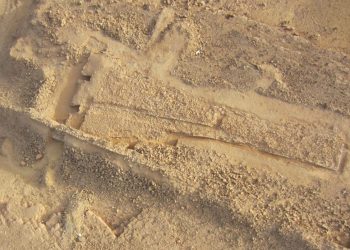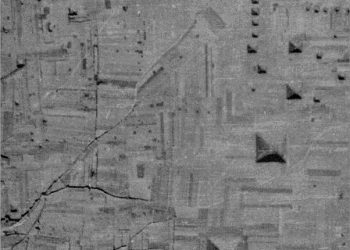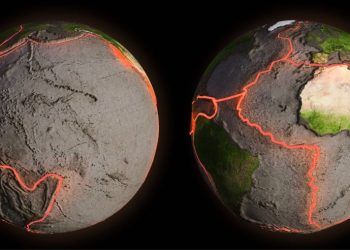Archaeologists in Spain have uncovered a remarkable collection of artifacts dating back approximately 7,000 years, offering valuable insights into the daily lives of some of the first farmers of the Neolithic period. This significant find provides a glimpse into one of the most transformative eras in human history, where societies began to transition from a nomadic lifestyle to settled agricultural communities.
The recent excavation at the Huerto Raso site in Huesca, Spain, has revealed a treasure trove of artifacts from the Neolithic period. Originally discovered in 1969 by Ignacio Barandiarán, the site was first excavated in 1972, confirming its historical importance. More than five decades later, a team of researchers from the Autonomous University of Barcelona (UAB) and the University of Zaragoza has resumed excavation efforts, conducting an extensive dig throughout July 2024.
This marks the first comprehensive excavation at Huerto Raso, as previous investigations were limited to partial surveys. The artifacts uncovered include a variety of tools, ceramics, and animal remains, which offer a detailed look into the agricultural practices and daily life of the Neolithic inhabitants.
The excavation has provided crucial evidence of the seasonal presence and eventual settlement of Neolithic communities at the site, dating from approximately 5500 to 3000 BC. Among the findings, bone remains from animals, predominantly hunted rather than domesticated, have been unearthed, suggesting that hunting continued to play a significant role even as these communities began to rely more on farming.
In addition to animal remains, the team discovered flint tools, ceramic fragments, and milling stones, as well as structures that may have served as shelters. These findings will undergo further analysis, including carbon-14 dating and residue analysis, to better understand the agricultural techniques and survival strategies of the Neolithic people.
The significance of these discoveries extends beyond academic research, enriching the cultural heritage of the region. Huerto Raso is situated within the Vero River Cultural Park, an area renowned for its historical richness, including over 50 sites with post-Paleolithic rock art. According to Alejandro Sierra, a researcher at UAB, “The site of Huerto Raso is a window to the past that allows us to better understand the development of human societies during the ancient Neolithic in the pre-Pyrenean area.”
The Neolithic period marked a pivotal moment in human history, as societies began transitioning from small, nomadic groups to larger, settled farming communities. Historians propose several theories for the onset of the Neolithic Revolution, also known as the Agricultural Revolution, including population pressures, the cultivation of specific plants, and the desire for more organized and productive societies.
This era fundamentally altered the way humans interacted with their environment, animals, and each other, laying the groundwork for modern societal structures. The discoveries at Huerto Raso and other similar sites in the pre-Pyrenean region, such as Cova Colomera, highlight the profound impact of the Neolithic Revolution on the course of human history.
These findings not only enhance our understanding of early agricultural practices but also underscore the enduring legacy of the Neolithic period, a time that shaped the future of human civilization.






